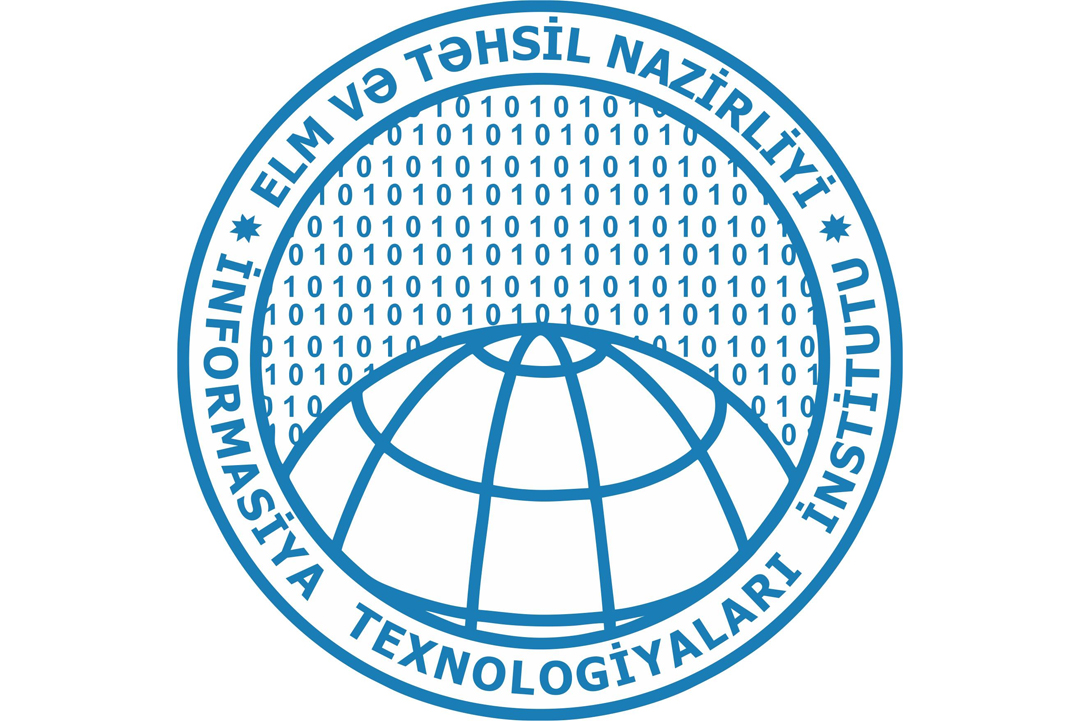NEWS
A Swedish start-up has started implanting microchips into its employees

The syringe slides in between the thumb and index finger. Then, with a click, a microchip is injected in the employee's hand. Another "cyborg" is created.
What could pass for a dystopian vision of the workplace is almost routine at the Swedish startup hub Epicenter. The company offers to implant its workers and startup members with microchips the size of grains of rice that function as swipe cards: to open doors, operate printers, or buy smoothies with a wave of the hand.
The injections have become so popular that workers at Epicenter hold parties for those willing to get implanted.
"The biggest benefit I think is convenience," said Patrick Mesterton, co-founder and CEO of Epicenter. As a demonstration, he unlocks a door by merely waving near it. "It basically replaces a lot of things you have, other communication devices, whether it be credit cards or keys."
The technology in itself is not new. Such chips are used as virtual collar plates for pets. Companies use them to track deliveries. It's just never been used to tag employees on a broad scale before. Epicenter and a handful of other companies are the first to make chip implants broadly available.



